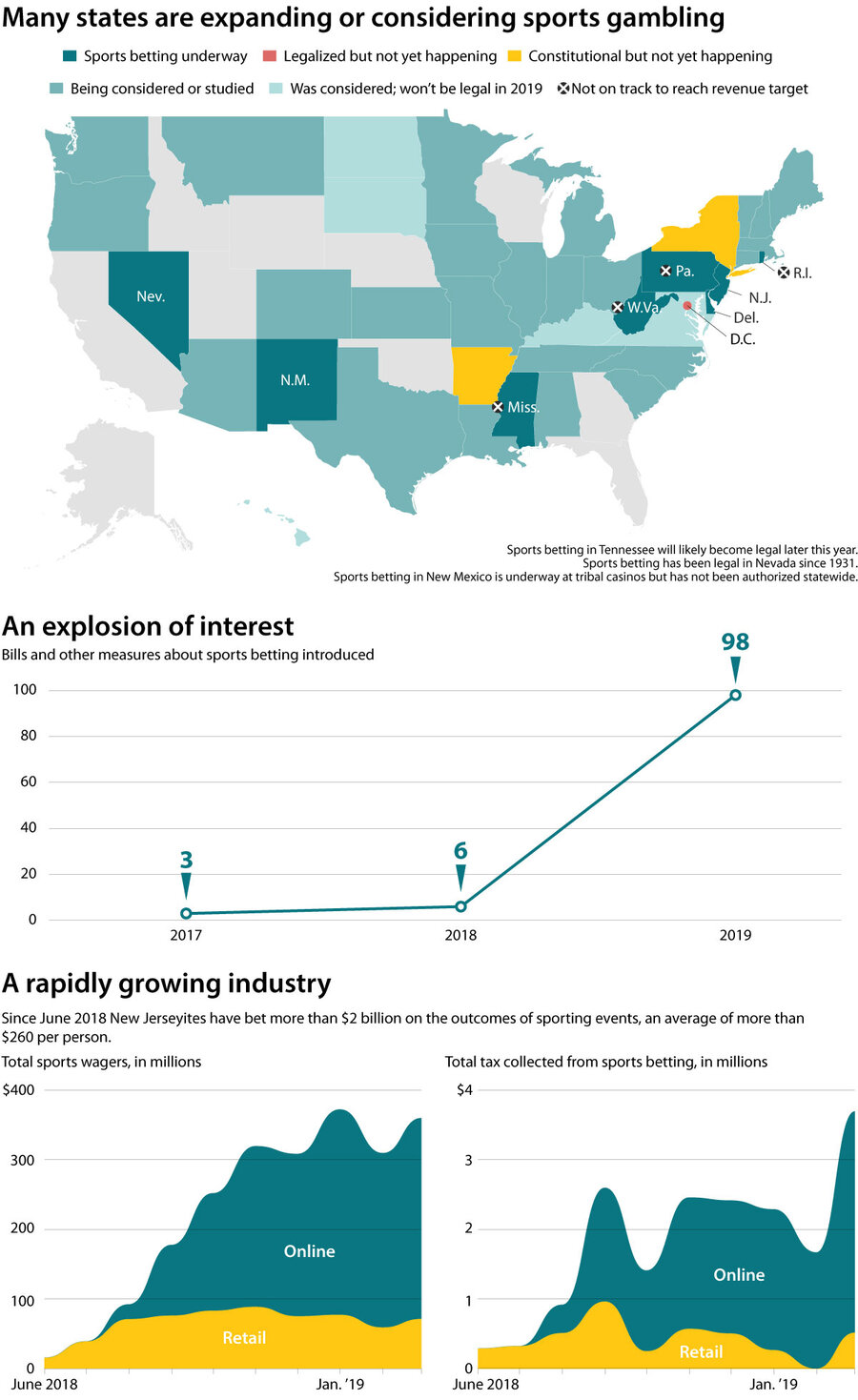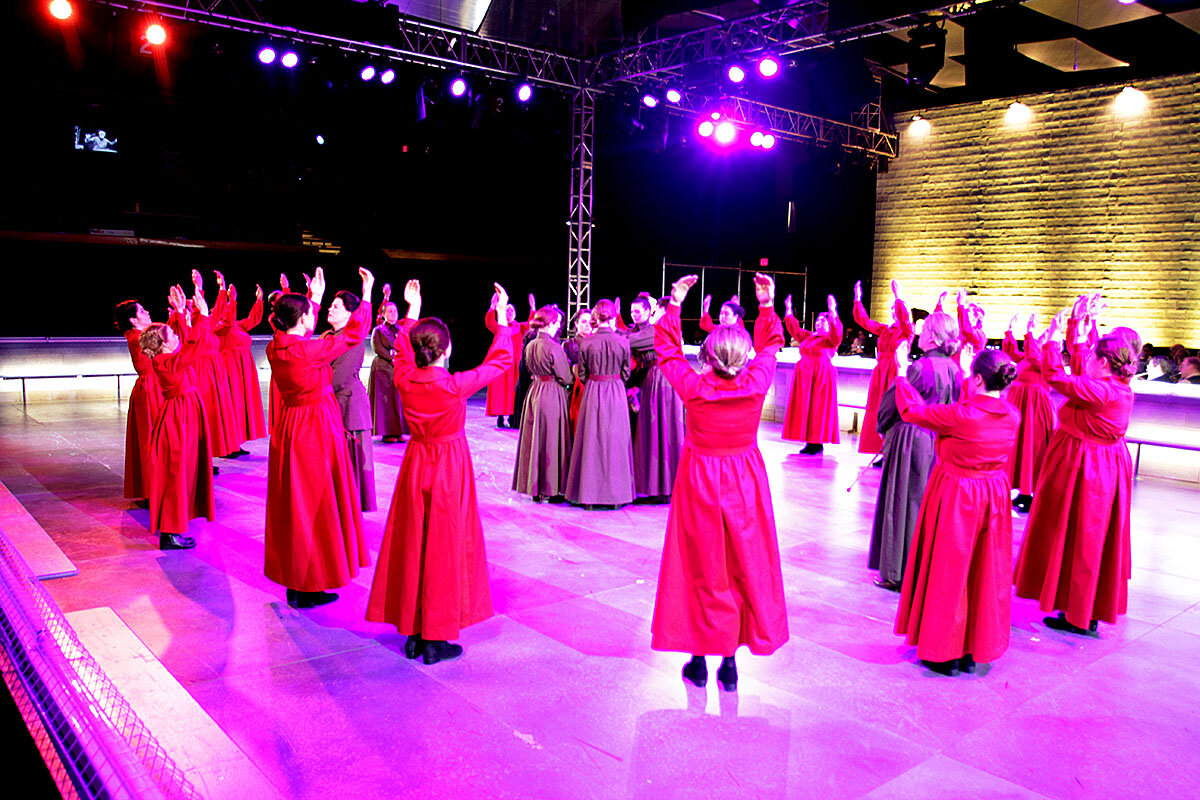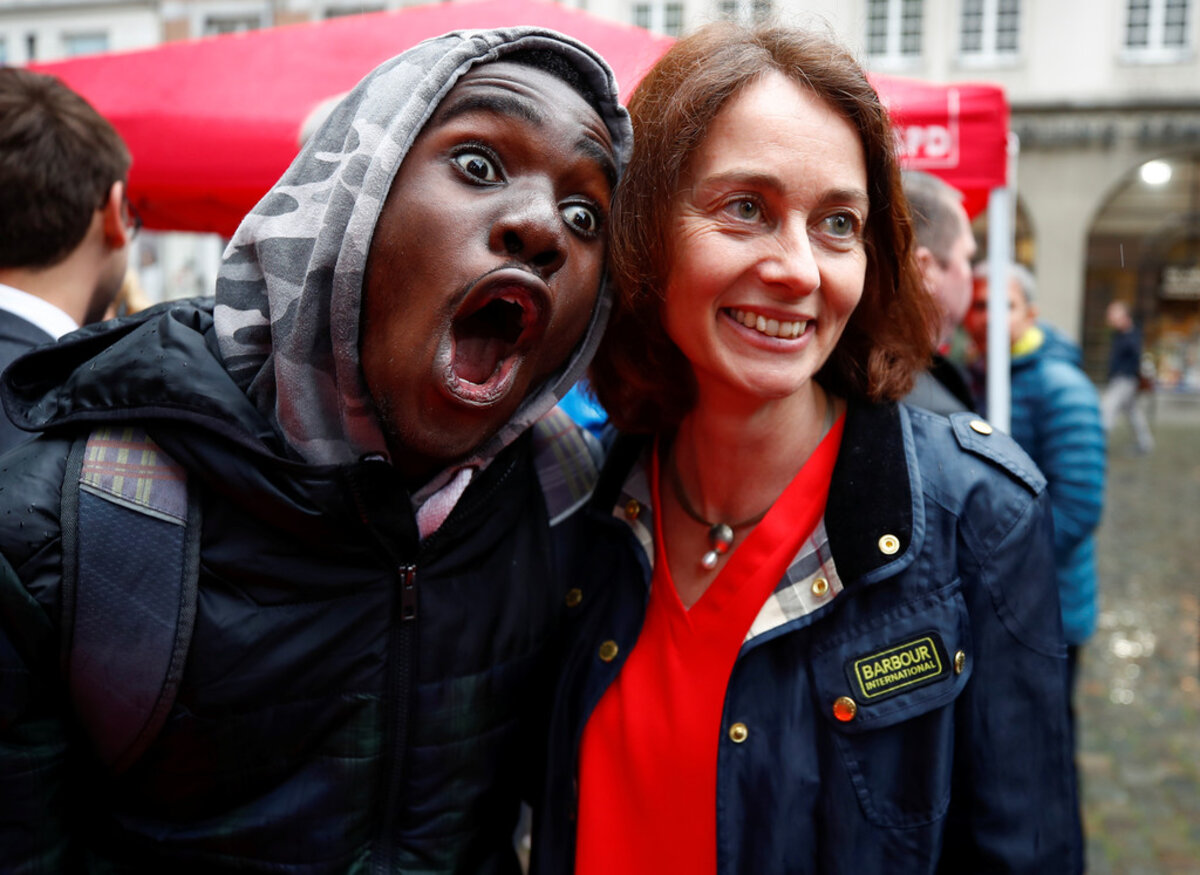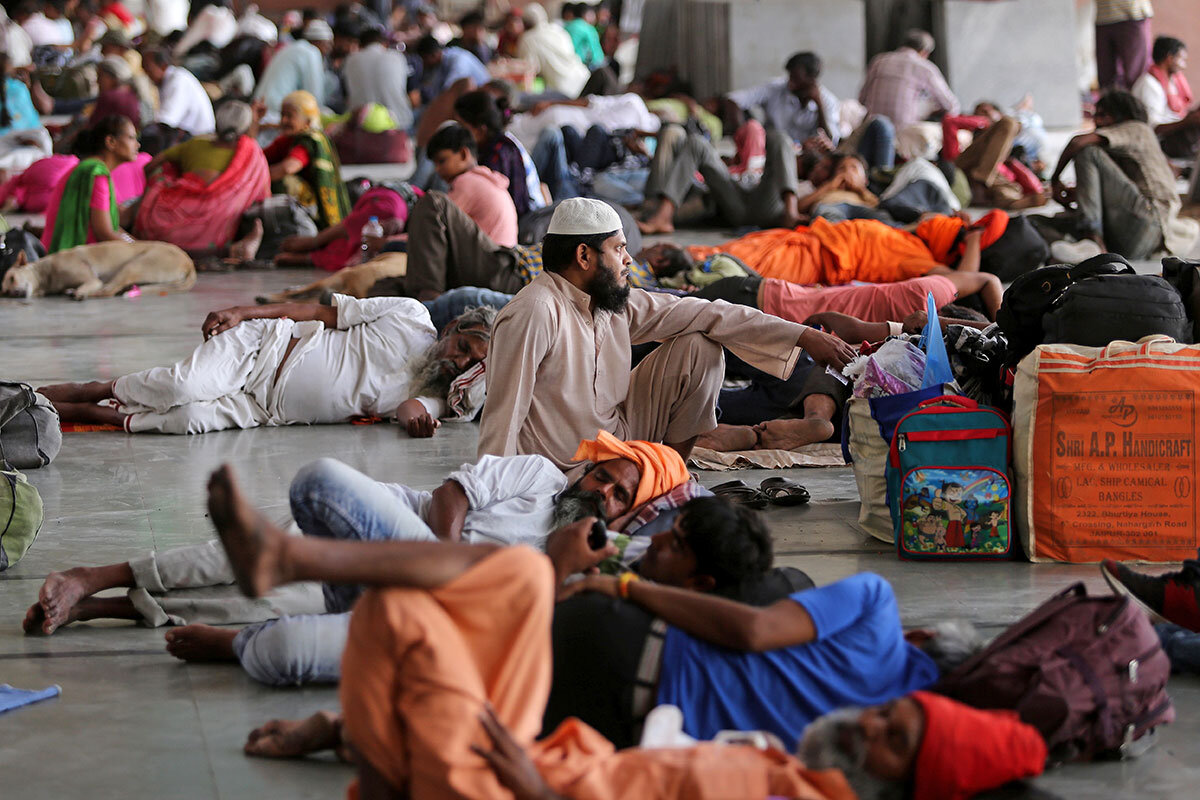Conservatives have spent years bashing the notion of global warming. So why are several Republicans suddenly calling for a GOP policy aimed at mitigating it?
Monitor Daily Podcast
- Follow us:
- Apple Podcasts
- Spotify
- RSS Feed
- Download
 Peter Grier
Peter Grier
Here’s big news you may have missed: In April, renewable sources of energy produced more electricity in the United States than coal. According to the business publication Quartz, it’s the first time windmills, solar panels, and other clean technologies have passed the old king of American power plants.
Coal will retake the lead in a few months, as cold weather increases demand for electric heating. But the march is inexorable. By 2021, renewable energy will beat coal even in winter. Can political efforts to prop up coal reverse this trend? That’s doubtful.
One lesson to take from this is that huge societal shifts don’t always get the most media attention (or understanding). Where were the stories in 1991 headlined “Network of Computer Networks Begins: New ‘Internet’ to Eat Newspapers, Retail, Pretty Much Everything”?
Visionary pieces like that may have existed, but they weren’t A1 ledes. Predicting the future is really hard. We’re still waiting for our Jetsons-style flying cars.
Another takeaway is that these big shifts can be more nuanced than they first appear.
Government data, for instance, shows that burning natural gas remains the number one source of US electricity, well ahead of coal and renewable sources. Cheap gas sources such as fracking have driven a power plant revolution as much or more than the advent of renewables.
So yes, wind and hydropower are on the upswing. They’re by far the biggest renewable energy sources, with solar third. But we’ve got a ways to go before they best all fossil fuels.
Now to our five stories for the day, which include a nuanced look at the changing attitudes within the Republican Party toward climate change solutions, and the struggle of states with the difficult issues around legalizing sports betting.











